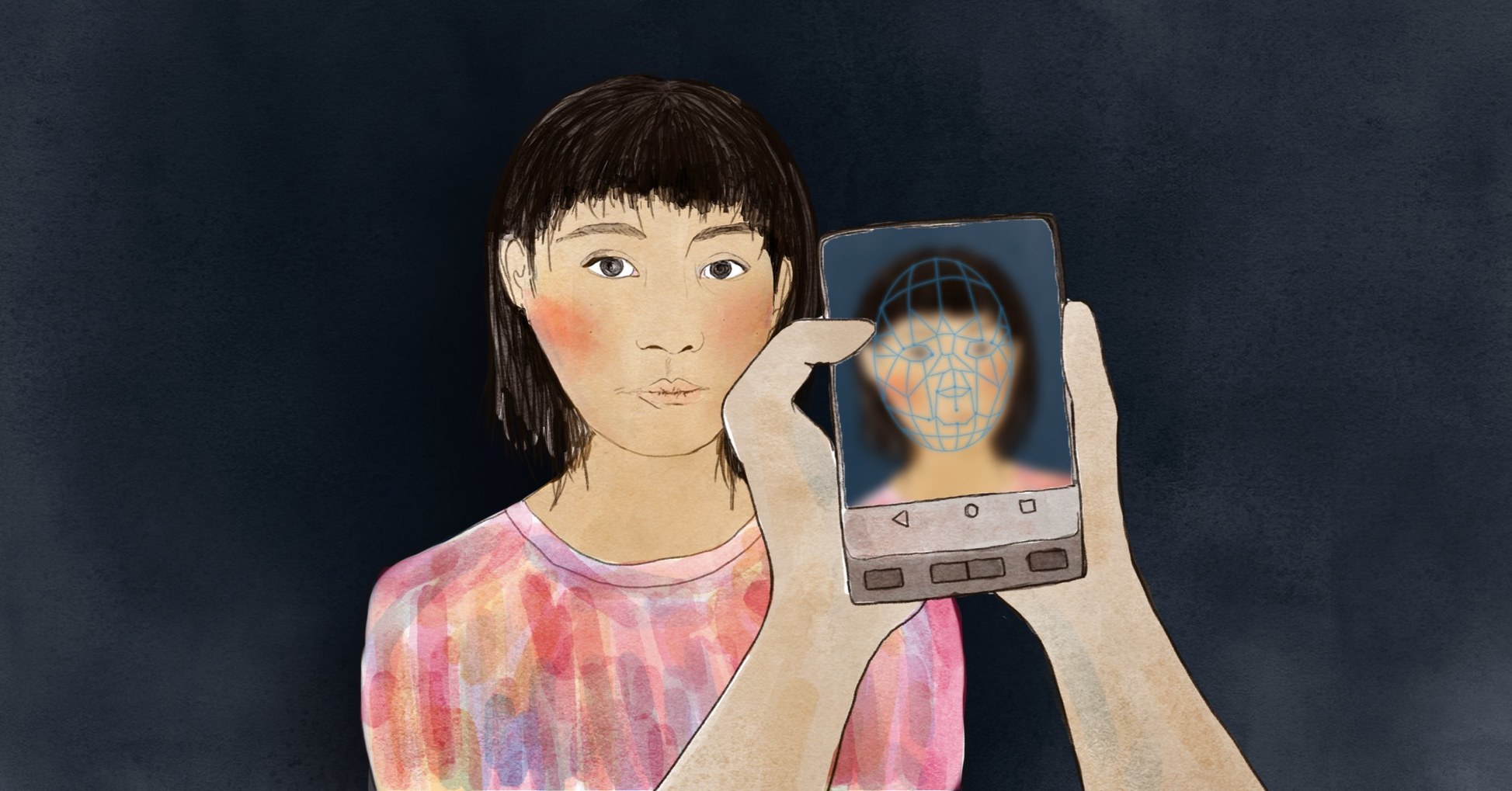In recent years, China has carried out its crackdown on Islamic extremism via smartphone. In 2011, Chinese IT giant Tencent holdings launched a new app called WeChat—known as “Undidar” in the Uyghur language. It quickly became a vital communication tool across China.
The launch of WeChat was “a moment of huge relief and freedom,” said Aziz Isa, a Uyghur scholar who has studied Uyghur use of WeChat alongside Rachel Harris at London’s SOAS University. “Never before in Uyghur life had we had the opportunity to use social media in this way,” Isa said, describing how Uyghurs across class divides were openly discussing everything from politics to religion to music.
By 2013, around a million Uyghurs were using the app. Harris and Isa observed a steady rise in Islamic content, “most of it apolitical but some of it openly radical and oppositional.” Isa remembers being worried by some of the more nationalist content he saw, though he believes it accounted for less than 1 percent of all the posts. Most Uyghurs, he said, “didn’t understand the authorities were watching.”
This kind of unrestricted communication on WeChat went on for around a year. But in May 2014, the Chinese government enlisted a taskforce to stamp out “malpractice” on instant messaging apps, in particular “rumors and information leading to violence, terrorism, and pornography.” WeChat, alongside its rival apps, was required to let the government monitor the activity of its users.
Sourced through Scoop.it from: www.wired.com



Leave A Comment